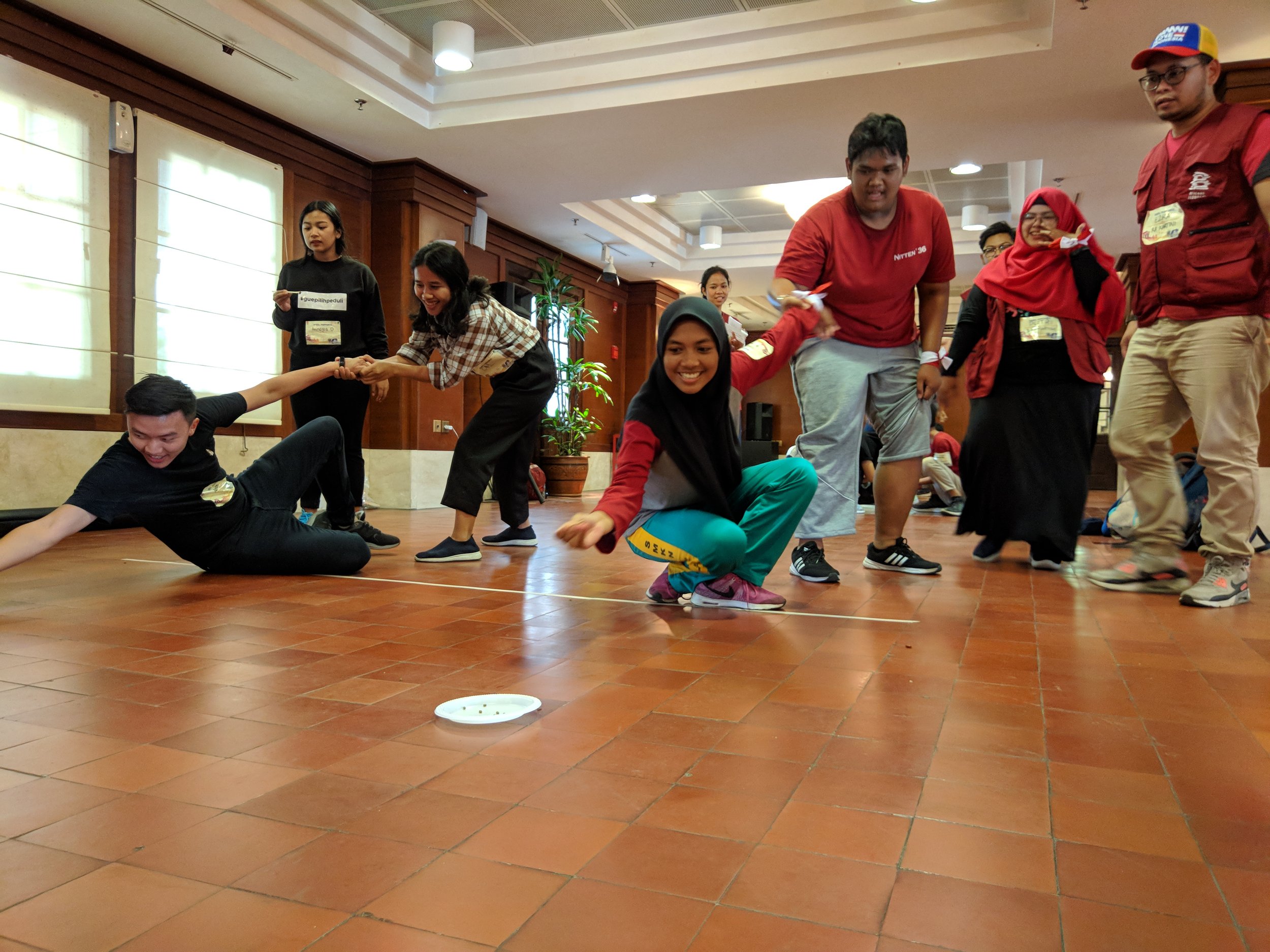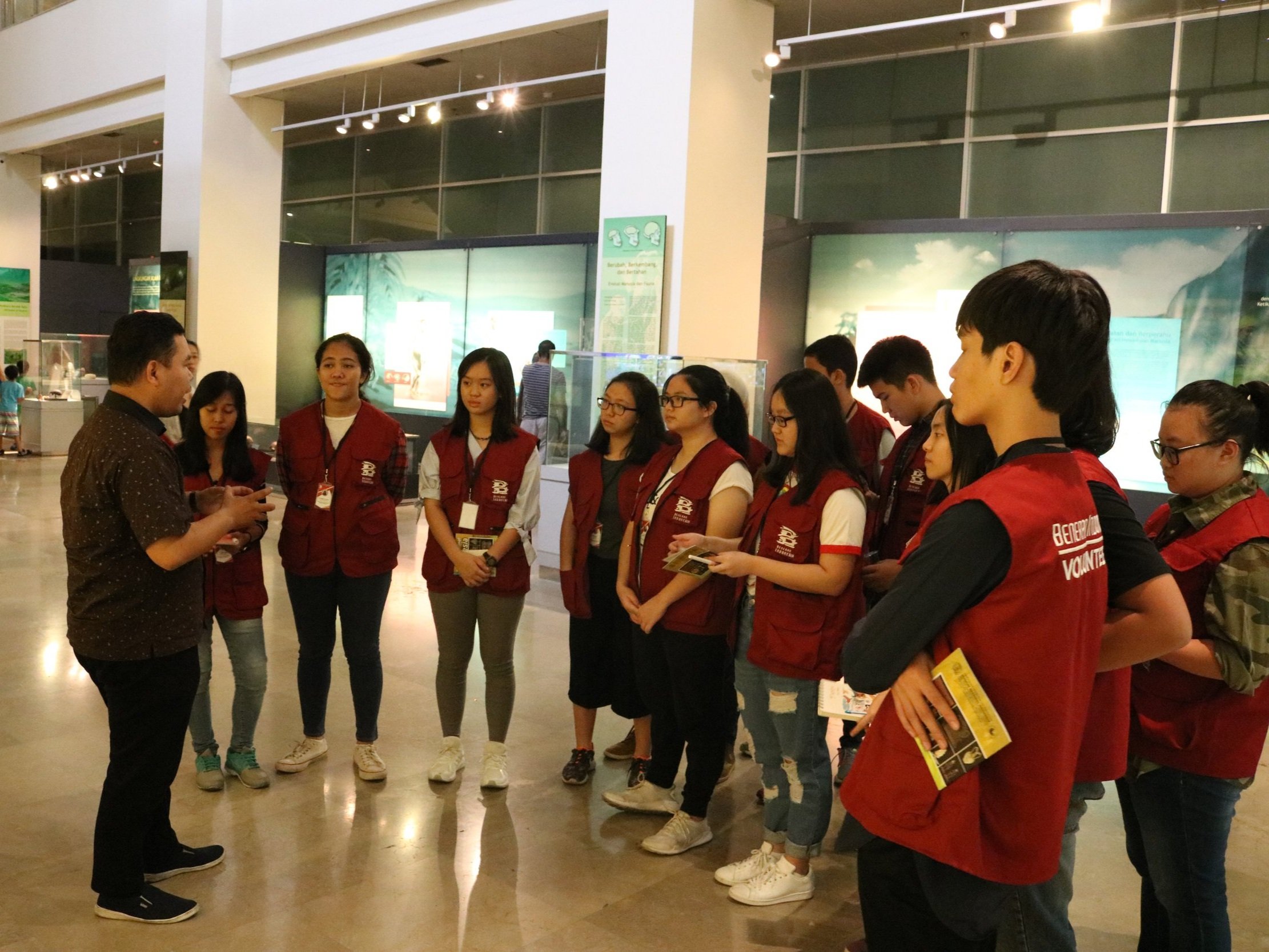Beneran Indonesia: Equipping Youth through Citizenship Education
By Avia Destimianti, co-founder of Beneran Indonesia
I still remember what happened in May 1998 like it was yesterday. I was still at school, and my mother was frantically calling the school to ask them to send their students home.
There was no mobile phone back then, so I didn’t know what was happening. As I arrived home, barricades were set in my housing complex, and words of mobs burning and looting in the nearby areas were getting more intense. It was a revolution to compel Suharto, the Indonesian President of 32 years, to step down from power. The protests led to civil unrest and violence toward Chinese Indonesians (Himawan et al., 2022). It was the first moment that ignited a question in my heart, “what can be done to avoid this from happening again?”
That seed of question finally bore fruit in 2017, when Beneran Indonesia was established. Loosely translated, Beneran Indonesia means “Truly Indonesian”; it is an acronym for Bela Negara Nasional Indonesia which means Indonesian National Defense. It is a non-profit organization that teaches civic and character education to youth through experiential-learning methods. It was born out of growing concern about the increase in radicalism, segregation, and lack of civic skills among Indonesian youth. The main purpose is to provide a meeting space for young citizens of different backgrounds to get to know each other and learn the civic skills and character values needed to collaborate and contribute as a team. As the third largest democracy in the world, Indonesia needs citizens who actively participate in the common good and can collaborate with people of diverse backgrounds. In the long run, the success of citizenship education in Indonesia will contribute to fulfilling the goals of global citizenship education.
To apply transformative education to citizenship education, Beneran Indonesia implemented the Experiential Learning (EL) method in its programs. The use of EL enables Beneran Indonesia to deliver knowledge in citizenship education and the competencies, values, and skills to become active citizens. EL connects the theory that learners usually only learn in the classroom to the everyday problems and challenges they face in the community.
The target population that Beneran Indonesia serves is youth between the ages of 15-25. So far, Beneran Indonesia has reached 6,375 youth through its programs and has gained over 15,000 followers through its social media. Under the EL method, Beneran Indonesia more specifically applies game-based learning and service-learning methods in its programs.
There are three programs that I would like to highlight in this article.
The first program is Aku Cinta Indonesia. It is a one-day program where youth learn Pancasila and other civic and character values through game-based learning. The program is implemented in venues that have historical and educational values, such as museums, public buildings, or other iconic places. Participants come from different schools, universities, and religious communities to ensure diversity; thus, the program serves as a meeting space to get to know other youth from diverse backgrounds that are not part of their typical friends at school.
The second program is Service-Learning. It is a weeklong program in e-service-learning type 2, where participants learn the instruction in citizenship education online and then conducts service for the community or partner organization onsite (Waldner et al., 2012). The service can be in the form of direct, indirect, or advocacy.
The third program is Creating for Impact. This program was first initiated when the COVID-19 pandemic hit, and no physical gathering was allowed. It implements extreme e- service-learning, where both instruction and service are conducted online (Waldner et al., 2012). The program consists of 6 online sessions where participants learn civic skills, practice character values, select an issue they are concerned about, and create advocacy materials to educate their peers and raise awareness about the issue.
The application of interactive methods through these programs invalidates the stigma that citizenship education is a boring subject where teachers only transfer information and that memorizing facts is the only way to succeed. Learning is most effective when it is relevant and purposeful for the learners.
Many challenges in implementing the programs accompany the many success stories and accomplishments. Those challenges range from establishing trust and relationships with schools, government institutions, museums, and other stakeholders to ensuring sustainable funding. One quote that motivates Beneran Indonesia to keep going is Ronald Reagan’s 1967 Inaugural Address:
Freedom is a fragile thing and it's never more than one generation away from extinction. It is not ours by way of inheritance; it must be fought for and defended constantly by each generation, for it comes only once to a people.
By providing a relevant citizenship education, we are equipping generations to defend their freedom and care for their neighbors.
Facebook: @beneran.indonesia
Instagram: @beneran.indonesia
Twitter: @beneran_id




